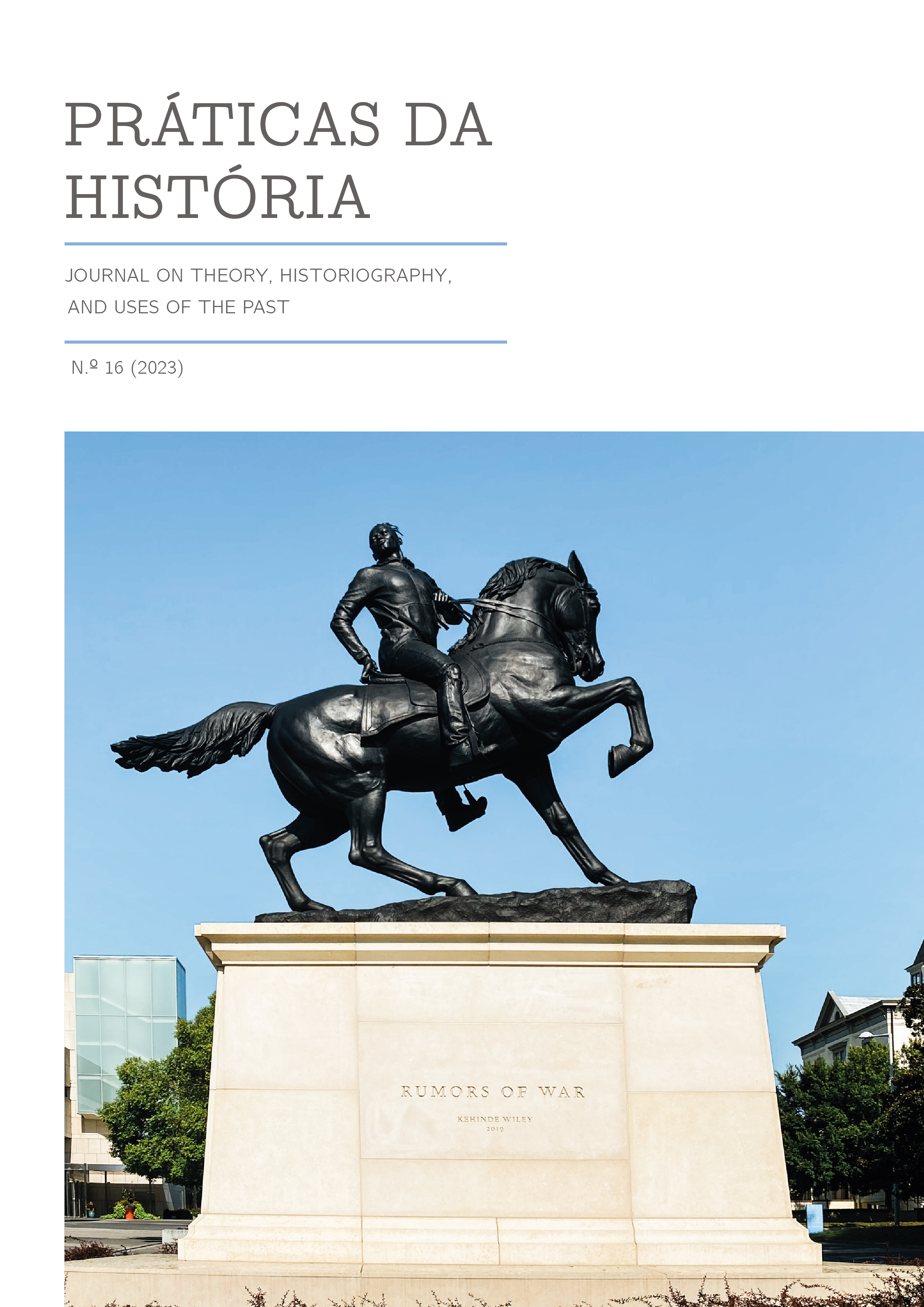White Innocence, Black Erasure: Reviewing Alcindo (2020) Against the Fictions of Portuguese Colonial Bonhomie
DOI:
https://doi.org/10.48487/pdh.2023.n16.31177Keywords:
Whiteness, Race in Portugal, Lusotropicalism, Black History, Blackness in PortugalAbstract
This essay uses Miguel Dores’ documentary Alcindo (2020) to propose a critique of whiteness in Portugal. It is argued that the endorsement of narratives of lusotropicalismo, Portuguese colonial exceptionalism, forms a line of continuity between Portugal’s colonial-fascist regime and the liberal democracy implanted after the 1974 revolution. The murder of Alcindo Monteiro in 1995, the fulcrum of Dores’ intervention, offers a microcosm into these paradoxes of Portuguese self-representation. By rendering race into an inexistence, lusotropicalismo plays an instrumental role in Portugal’s delusions of colonial innocence. The whitening of the history of the 1974 revolution matters, too. In need of new narratives, the new regime forged an image of future Portugal by excising Africa from accounts of its past and onfining national history to the European nation-state. This deliberate amnesia, it is argued, rendered centuries of colonial domination “forgettable,” while denaturalizing race, and therefore Black subjecthood, from the imaginary of modern Portugal.



